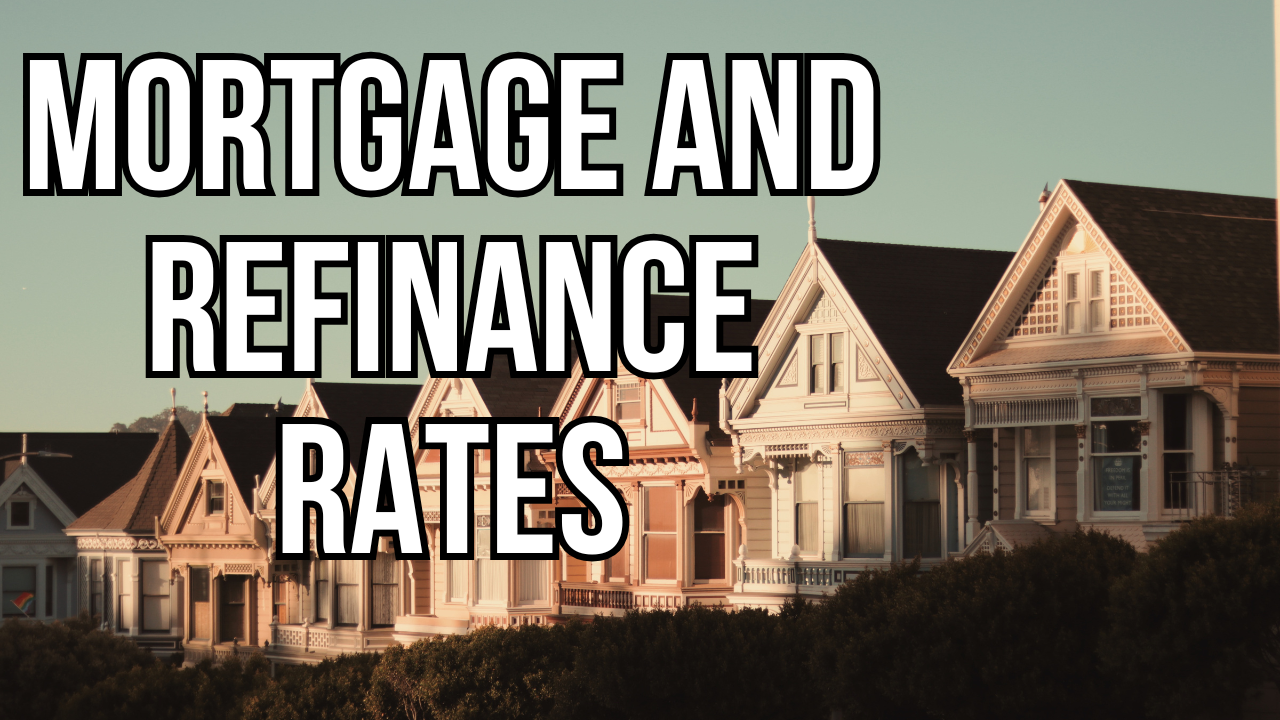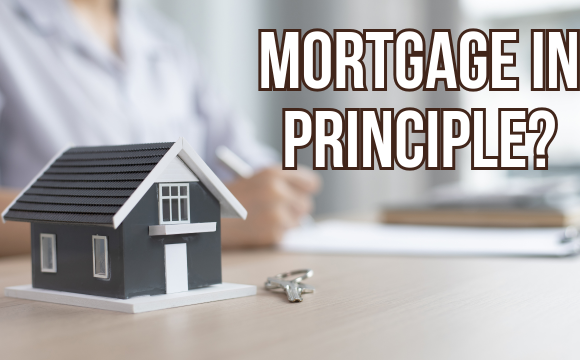Introduction to Mortgage and Refinance Rates
What Are Mortgage Rates?
Mortgage rates are the interest rates charged by lenders when you borrow money to purchase a home. These rates are critical in determining your monthly mortgage payment and the overall cost of your home loan. Think of mortgage rates as the “price tag” for borrowing money.
Understanding Refinance Rates
Refinance rates apply when you replace your existing home loan with a new one. This process is often pursued to secure a lower interest rate, reduce monthly payments, or modify the loan term.
Factors Influencing Mortgage Rates
Economic Indicators and Their Role
Economic factors, like inflation and GDP growth, heavily influence mortgage rates. A strong economy often leads to higher rates as demand for loans increases.
Impact of Federal Reserve Policies
The Federal Reserve plays a significant role in setting the tone for mortgage rates. When the Fed raises interest rates to combat inflation, mortgage rates often follow suit.
Market Demand and Supply
If there’s high demand for mortgages and limited lender supply, rates tend to climb. Conversely, low demand can result in more competitive rates.
Factors Affecting Refinance Rates
Credit Score Importance
Your credit score is a key factor in determining your refinance rate. A higher score often translates to a lower rate, as it reflects your reliability as a borrower.
Loan-to-Value Ratio (LTV)
The LTV ratio compares the loan amount to your home’s value. Lower LTV ratios can secure better rates as they indicate reduced risk for lenders.
Current Mortgage Balance vs. New Loan
The remaining balance on your current mortgage and the amount of the new loan will impact your refinance rate. It’s important to evaluate the difference carefully.
Types of Mortgage Loans
Fixed-Rate Mortgages
Fixed-rate mortgages offer consistent interest rates throughout the loan term, providing predictable monthly payments.
Adjustable-Rate Mortgages (ARMs)
ARMs feature rates that fluctuate after an initial fixed period. While they can start low, they carry the risk of future increases.
FHA, VA, and USDA Loans
These government-backed loans cater to specific borrowers, such as first-time buyers, veterans, and rural residents, often offering competitive rates.
Benefits of Refinancing
Lowering Your Monthly Payments
Refinancing at a lower interest rate can significantly reduce your monthly payment, freeing up extra cash for other needs.
Reducing Loan Terms
Shortening your loan term can save you thousands in interest, although your monthly payments may increase.
Switching Loan Types
Refinancing lets you switch from an ARM to a fixed-rate mortgage, providing stability in your payments.
Challenges and Considerations in Refinancing
Closing Costs and Fees
Refinancing isn’t free—be prepared to pay closing costs, which typically range from 2-5% of the loan amount.
Break-Even Period
The break-even period is how long it takes for your refinancing savings to offset the closing costs. Calculate this carefully to ensure refinancing makes sense.
Risks of Extending Loan Terms
While refinancing can lower your payments, extending your loan term may result in paying more interest over time.
Current Trends in Mortgage Rates
Latest Market Updates
Today’s mortgage rates are influenced by economic uncertainty and global events. Stay updated with daily rate changes to seize opportunities.
How Rates Compare to Historical Averages
While today’s rates might feel high, comparing them to historical averages can provide context and help manage expectations.
Current Trends in Refinance Rates
Key Trends for Homeowners
Refinance rates often follow similar patterns as mortgage rates. However, factors like lender competition and personal creditworthiness play a role.
When to Lock in Your Refinance Rate
Timing is crucial. Lock in a rate when you feel the market is favorable to avoid rate increases before closing.
Tips for Getting the Best Mortgage Rates
Improving Your Credit Score
Paying down debt and avoiding new credit inquiries can boost your credit score, helping you secure better rates.
Timing Your Application
Mortgage rates tend to fluctuate, so applying during periods of lower demand can work to your advantage.
Comparing Lenders
Shopping around is key. Compare offers from multiple lenders to find the best rate and terms for your needs.
Tips for Refinancing Your Mortgage
Determining Your Refinance Goals
Are you looking to save money or pay off your loan faster? Clarify your goals before diving into the refinancing process.
Gathering Necessary Documentation
Prepare financial documents like tax returns, bank statements, and pay stubs to streamline the application process.
Choosing the Right Refinance Option
Consider options like rate-and-term refinancing or cash-out refinancing based on your financial situation.
Tools for Monitoring Mortgage and Refinance Rates
Using Online Rate Calculators
Online tools can help you estimate monthly payments and compare rates based on different scenarios.
Subscribing to Rate Alerts
Rate alert services notify you when rates reach your desired level, ensuring you don’t miss out on favorable terms.
Common Mistakes to Avoid
Overlooking Hidden Costs
Don’t just focus on the interest rate—factor in fees and closing costs to get the full picture.
Not Shopping Around
Settling for the first lender you find can cost you. Explore multiple options to maximize your savings.
The Role of Mortgage Brokers
How Brokers Help with Rate Negotiations
Brokers have access to a wide network of lenders and can negotiate better rates on your behalf.
Choosing a Reputable Broker
Research broker reviews and credentials to ensure you’re working with someone trustworthy.
The Future of Mortgage and Refinance Rates
Predictions for the Coming Years
Experts anticipate gradual rate changes as the economy stabilizes. Staying informed can help you make timely decisions.
How to Stay Prepared for Rate Changes
Maintain financial readiness by keeping your credit score healthy and saving for potential costs.
Conclusion
Mortgage and refinance rates play a pivotal role in your financial journey as a homeowner. Staying informed and proactive is key to securing the best possible terms for your unique needs.
FAQs
What Is a Good Mortgage Rate in Today’s Market?
A good rate depends on market conditions and personal factors, but anything below 6% is considered competitive.
How Often Do Refinance Rates Change?
Rates can change daily or even multiple times within a day, influenced by market fluctuations.
Can Refinancing Hurt My Credit Score?
Refinancing may cause a temporary dip in your credit score due to hard inquiries, but the impact is usually minimal.
What Are the Typical Closing Costs for Refinancing?
Closing costs range from 2-5% of the loan amount and can include appraisal fees, title insurance, and lender fees.
How Do I Decide if Refinancing Is Right for Me?
Evaluate your financial goals, current loan terms, and break-even period to determine if refinancing makes sense.






